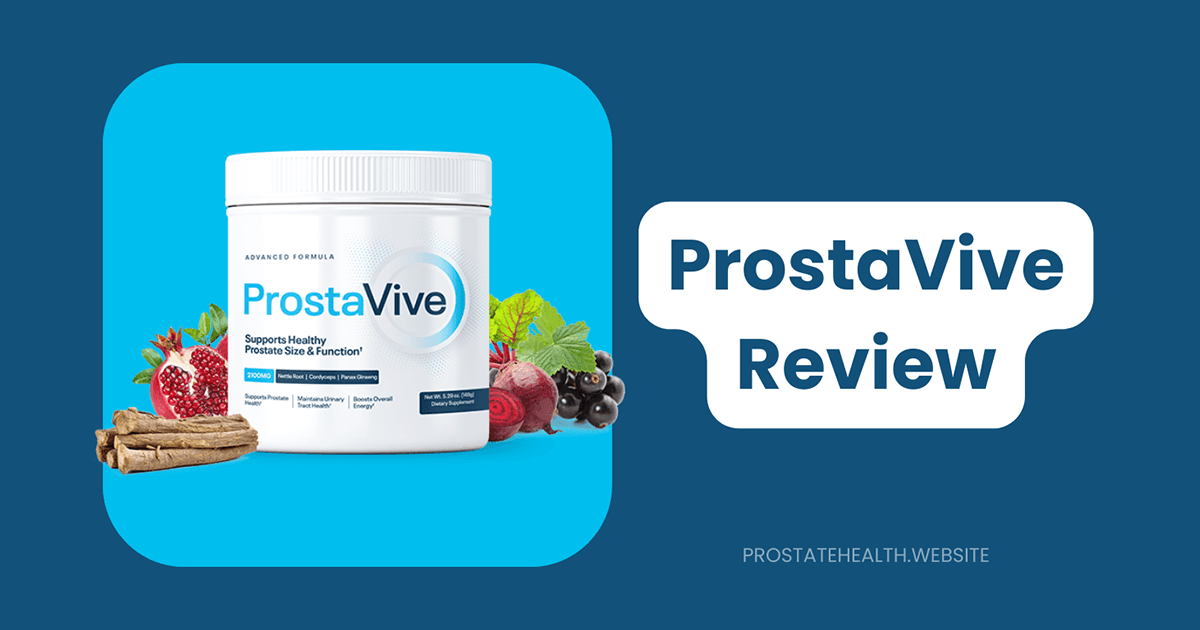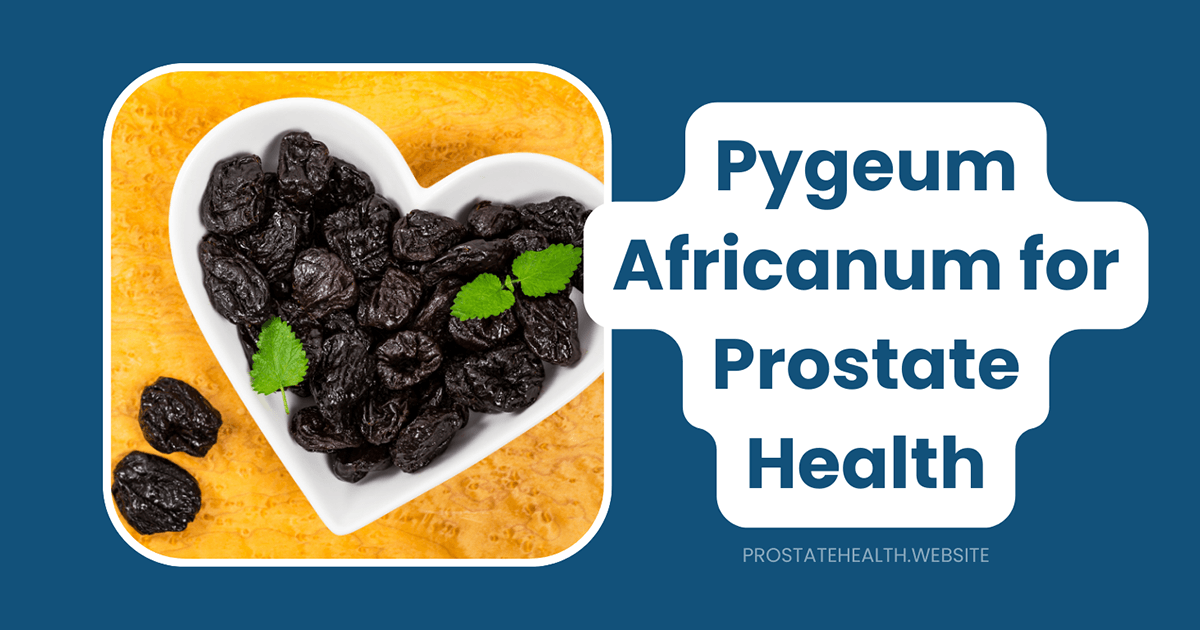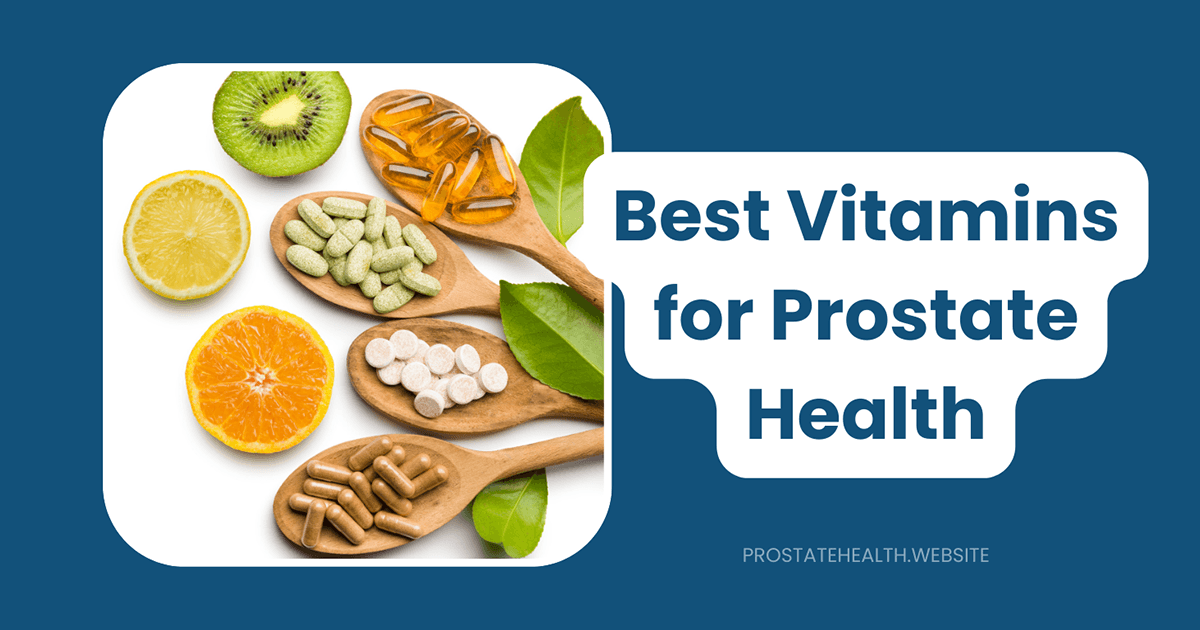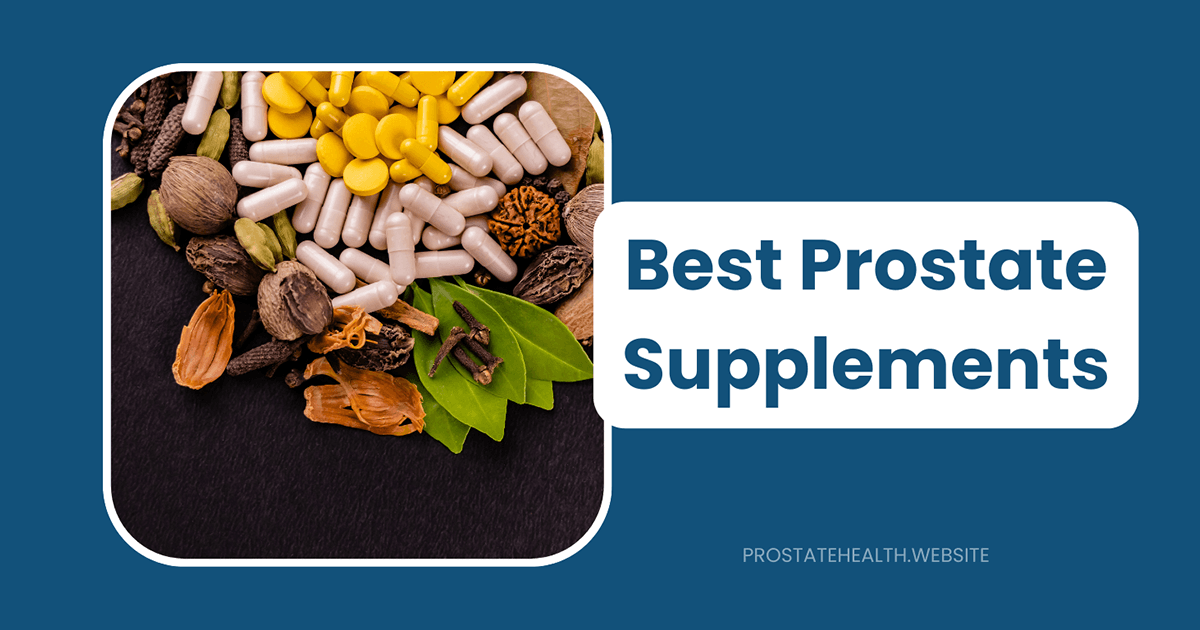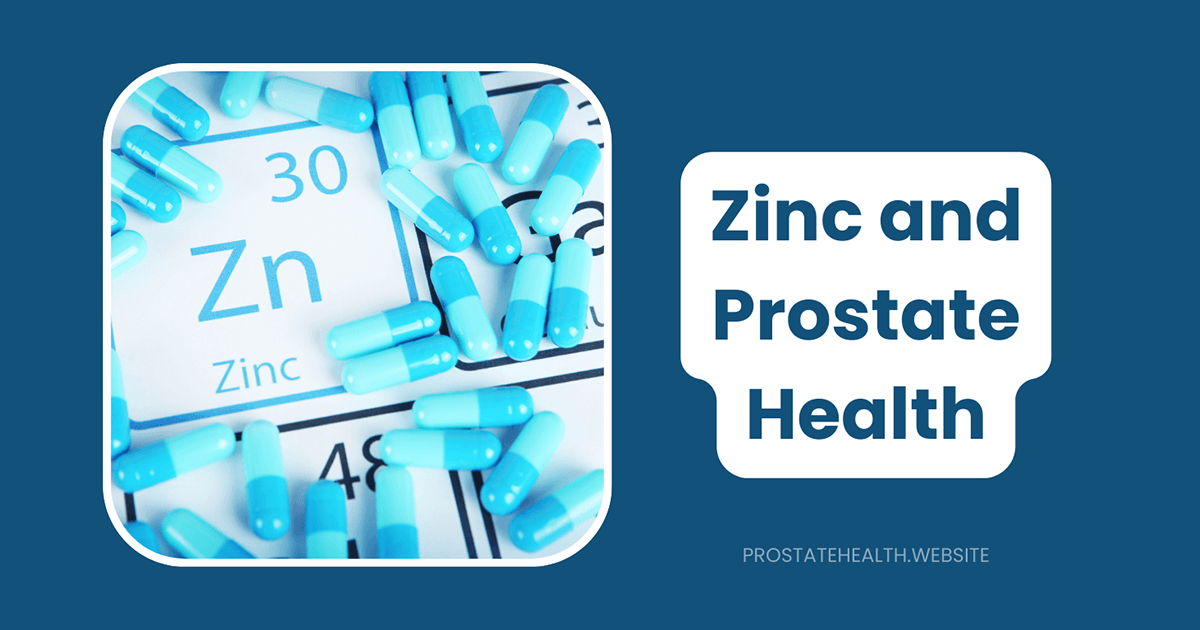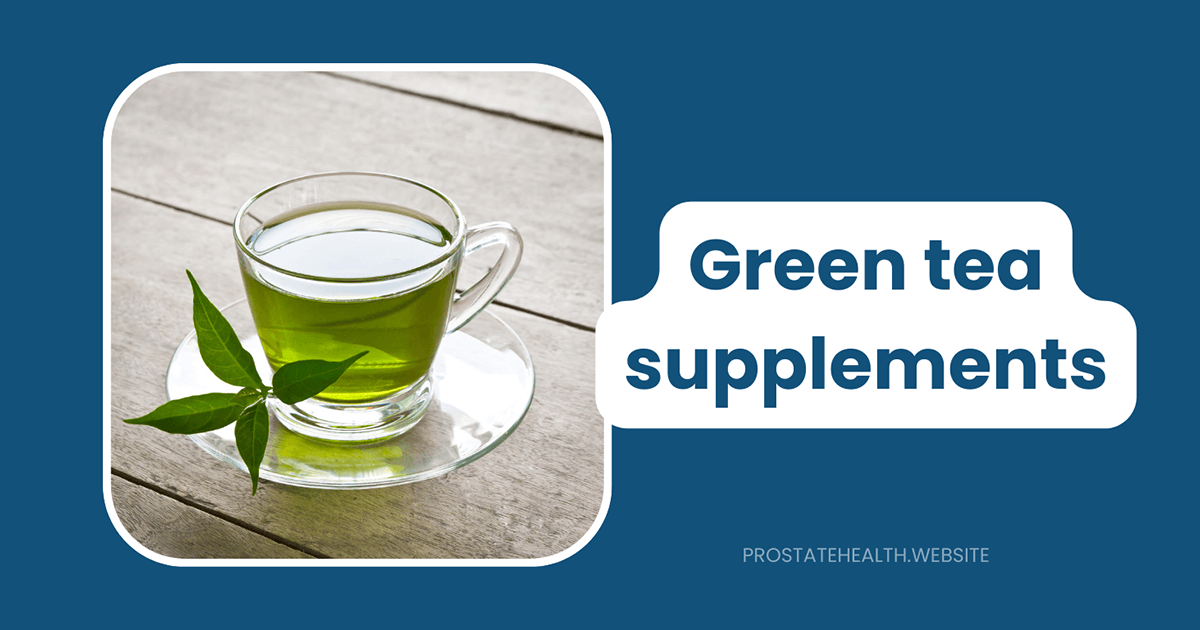Mushroom Extracts for Prostate Health: Exploring the Benefits of Reishi, Turkey Tail, and More
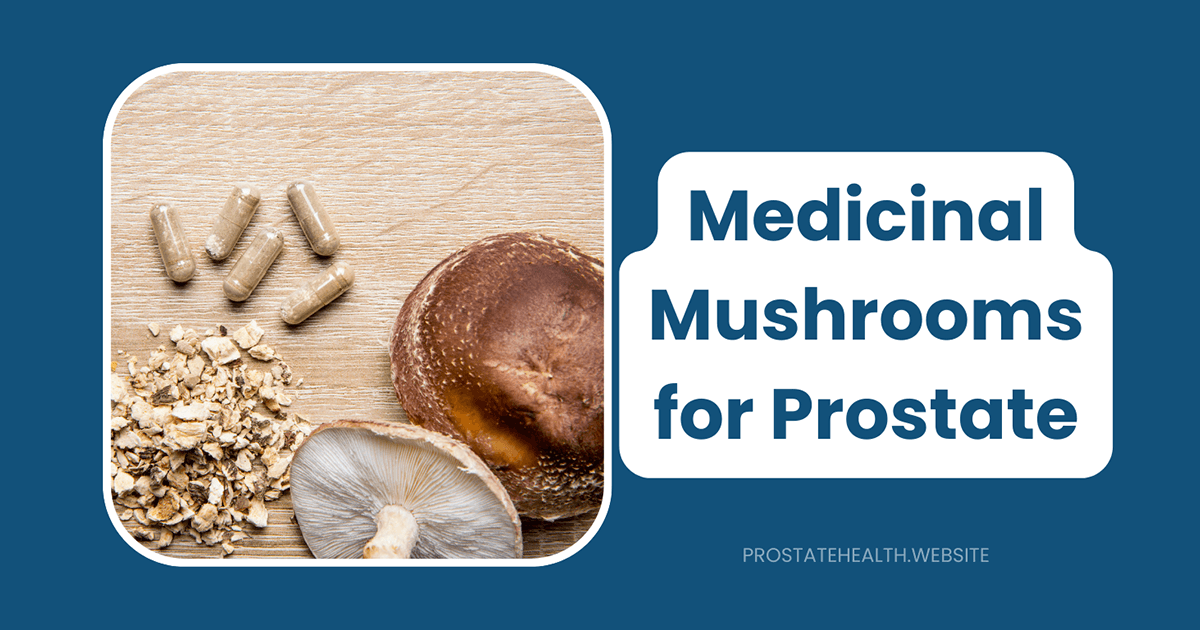
When I first heard about medicinal mushrooms for prostate health, I was skeptical. Like many men, I wondered: could these fungi really make a difference for my prostate? After diving into the research and speaking with men who’ve incorporated mushroom extracts into their wellness routines, I’ve discovered there’s much more to these natural remedies than meets the eye.
For centuries, traditional medicine systems across Asia have utilized medicinal mushrooms to support overall health and treat various conditions. Today, modern science is catching up, with a growing body of research examining how these fascinating fungi might benefit prostate health specifically.
In this comprehensive guide, we’ll explore the most promising mushroom varieties for prostate health, what the science says about their effectiveness, and practical advice for incorporating them into your wellness routine.
The Connection Between Mushrooms and Prostate Health
Before diving into specific mushroom varieties, let’s understand why mushrooms might be beneficial for the prostate gland.
The prostate is particularly vulnerable to three common health concerns:
- Benign prostatic hyperplasia (BPH) – non-cancerous enlargement
- Prostatitis – inflammation of the prostate
- Prostate cancer – the second most common cancer in men worldwide
Mushrooms contain bioactive compounds that may help address each of these concerns through several mechanisms:
- Anti-inflammatory properties: Reducing inflammation associated with prostatitis and potentially BPH
- Immunomodulation: Enhancing immune function, which may help the body recognize and eliminate cancer cells
- Antioxidant effects: Neutralizing free radicals that can damage prostate cells
- Hormonal modulation: Potentially influencing hormones that affect prostate growth
- Direct anti-tumor activity: Some compounds may directly inhibit the growth of cancer cells
A landmark study published in the International Journal of Cancer in 2019 followed over 36,000 Japanese men for an average of 13.2 years. The researchers found that men who consumed mushrooms just once or twice a week had an 8% lower risk of prostate cancer compared to those who ate mushrooms less than once weekly. Even more impressive, men who ate mushrooms three or more times per week showed a 17% lower risk.
This protective effect remained significant even after accounting for other dietary factors, suggesting mushrooms may offer unique benefits for prostate health.
Top Mushroom Varieties for Prostate Health
1. Reishi (Ganoderma lucidum)
Often called the “mushroom of immortality,” reishi has been used in traditional Chinese medicine for over 2,000 years.
Key compounds: Contains over 400 bioactive substances, including triterpenoids, polysaccharides, proteins, and sterols.
Prostate benefits:
- May inhibit 5-alpha-reductase, an enzyme involved in BPH development
- Contains anti-inflammatory compounds that could reduce prostate inflammation
- Laboratory studies show potential to induce apoptosis (programmed cell death) in prostate cancer cells
- May enhance the effectiveness of conventional cancer treatments
Research highlights: A 2016 Cochrane review examined reishi mushrooms as a cancer treatment and found they may provide a small benefit when given alongside conventional treatments. The review noted that reishi increased the activity of immune cells and was generally well-tolerated.
Typical dosage: 1-2 grams of extract daily, though dosages vary by product and individual needs.
2. Turkey Tail (Trametes versicolor)
Named for its colorful, fan-shaped appearance resembling a turkey’s tail, this mushroom has impressive research backing its immune-supporting properties.
Key compounds: Contains protein-bound polysaccharides, particularly PSP (Polysaccharide Peptide) and PSK (Polysaccharide Krestin).
Prostate benefits:
- PSK has been approved in Japan since 1977 as an adjunct to cancer treatment
- Enhances natural killer cell activity, which may help fight cancer cells
- May reduce inflammation in the prostate
- Studies show it can improve quality of life during conventional cancer treatment
Research highlights: Clinical trials in Asia have demonstrated that PSK can help repair immune cell damage caused by chemotherapy and may improve survival rates when used alongside conventional treatments for various cancers.
Typical dosage: 1-3 grams of extract daily, though PSK in Japan is typically prescribed at 3 grams daily for cancer patients.
3. Shiitake (Lentinula edodes)
One of the most popular edible mushrooms worldwide, shiitake has both culinary and medicinal applications.
Key compounds: Contains lentinan, a beta-glucan polysaccharide, as well as eritadenine and sterols.
Prostate benefits:
- Lentinan has been shown to enhance immune function
- May help maintain healthy cholesterol levels, which is relevant as high cholesterol has been linked to increased prostate cancer risk
- Contains zinc, an essential mineral for prostate health
- Laboratory studies indicate potential anti-tumor activity
Research highlights: In Japan, lentinan is approved as an adjuvant for cancer treatment. A literature review from China found that lentinan improved quality of life in cancer patients when used alongside chemotherapy.
Typical dosage: 1-3 grams of extract daily, or regular consumption of fresh shiitake mushrooms (5-10 grams daily).
4. Maitake (Grifola frondosa)
Known as the “dancing mushroom” in Japan, maitake has gained popularity for its potential immune-enhancing effects.
Key compounds: Contains maitake D-fraction, a beta-glucan polysaccharide with potent immunomodulating properties.
Prostate benefits:
- D-fraction has been shown to induce apoptosis in prostate cancer cells in laboratory studies
- Activates immune cells including macrophages and natural killer cells
- May help regulate blood sugar and insulin levels, which can influence prostate cancer risk
- Contains antioxidants that protect against cellular damage
Research highlights: Laboratory studies have shown that maitake extracts can reduce the viability of prostate cancer cells. Some small clinical studies suggest it may help stabilize PSA levels in men with prostate cancer.
Typical dosage: 500mg to 1 gram of extract daily.
5. Chaga (Inonotus obliquus)
This unusual-looking fungus grows primarily on birch trees in cold climates and has been used in folk medicine in Russia and Eastern Europe for centuries.
Key compounds: Extremely high in antioxidants, particularly melanin complexes, as well as betulinic acid derived from birch trees.
Prostate benefits:
- Potent anti-inflammatory properties that may benefit prostatitis
- May help regulate immune function
- Laboratory studies show potential anti-cancer activity
- Contains betulinic acid, which has shown promise against prostate cancer cells in test tube studies
Research highlights: While clinical studies specific to prostate health are limited, laboratory research indicates chaga extracts can inhibit the growth of various cancer cells, including prostate cancer.
Typical dosage: 500mg to 1 gram of extract daily.
6. White Button (Agaricus bisporus)
The common mushroom found in grocery stores is showing surprising potential for prostate health.
Key compounds: Contains ergothioneine, an amino acid with antioxidant properties, as well as compounds that may influence hormone metabolism.
Prostate benefits:
- May help block the activity of aromatase, an enzyme that converts testosterone to estrogen
- Contains compounds that could block androgen receptors
- Rich in selenium, a mineral linked to reduced prostate cancer risk
- Affordable and easily accessible compared to more exotic medicinal mushrooms
Research highlights: A Phase 1 clinical trial at City of Hope found that 36% of men with biochemically recurrent prostate cancer experienced a decline in PSA levels after consuming white button mushroom powder for three months. A Phase 2 trial is currently underway.
Typical dosage: The clinical trial used 14 grams of mushroom powder daily (equivalent to about two-thirds of a container of fresh mushrooms).
How Mushrooms Support Prostate Health: The Science
The beneficial effects of medicinal mushrooms on prostate health can be attributed to several mechanisms:
1. Immunomodulation
Many mushroom extracts, particularly those containing beta-glucans, can enhance immune function by:
- Activating macrophages and natural killer cells
- Increasing production of cytokines (chemical messengers of the immune system)
- Enhancing T-cell function
- Reducing immunosuppressive cells like myeloid-derived suppressor cells (MDSCs)
This immune enhancement may help the body better recognize and eliminate cancer cells before they can form tumors.
2. Anti-Inflammatory Effects
Chronic inflammation is associated with both BPH and prostate cancer development. Mushroom compounds can reduce inflammation through:
- Inhibiting pro-inflammatory enzymes
- Reducing production of inflammatory cytokines
- Neutralizing free radicals that drive inflammation
- Modulating immune responses to prevent excessive inflammation
3. Antioxidant Protection
Oxidative stress contributes to cellular damage that can lead to cancer and other prostate conditions. Mushrooms like chaga and reishi are particularly rich in antioxidants that can:
- Neutralize free radicals
- Protect DNA from damage
- Support cellular repair mechanisms
- Prevent oxidative damage to prostate tissue
4. Hormonal Effects
Some mushroom compounds may influence hormones that affect prostate health:
- Potentially inhibiting 5-alpha-reductase, which converts testosterone to dihydrotestosterone (DHT)
- Possibly blocking androgen receptors
- Some mushrooms may have anti-aromatase activity, affecting estrogen levels
5. Direct Anti-Tumor Activity
Laboratory studies have shown that certain mushroom compounds can directly affect cancer cells by:
- Inducing apoptosis (programmed cell death)
- Inhibiting angiogenesis (formation of new blood vessels that feed tumors)
- Preventing cancer cell proliferation
- Reducing cancer cell migration and invasion
Practical Considerations: Using Mushroom Extracts
If you’re considering mushroom extracts for prostate health, here are some practical tips:
Forms of Supplementation
Medicinal mushrooms are available in several forms:
- Extracts: Concentrated forms that may be standardized for specific compounds. Available as:
- Capsules or tablets
- Powders (can be added to smoothies, coffee, or tea)
- Tinctures (liquid extracts)
- Whole dried mushrooms: Can be used to make teas or broths
- Fresh mushrooms: For varieties like shiitake and white button, regular culinary consumption may provide benefits
What to Look For in a Quality Product
The mushroom supplement market is largely unregulated, so quality can vary significantly. Look for:
- Fruiting body extracts: Some products use only mycelium (the root-like structure) grown on grain, which may contain more starch than active compounds
- Hot water extraction: Many of the beneficial compounds in medicinal mushrooms are only bioavailable after hot water extraction
- Standardized amounts of active compounds: For example, beta-glucan content
- Third-party testing: Ensures the product contains what it claims and is free from contaminants
- Organic certification: Reduces risk of pesticide or heavy metal contamination
Dosage Guidelines
Dosages vary depending on the specific mushroom and the form of supplementation. Generally:
- Extracts: Follow manufacturer’s recommendations, typically 500mg to 2g daily
- Fresh mushrooms: Regular culinary consumption (several times per week)
- Preventive use: Lower doses may be appropriate
- Therapeutic use: Higher doses under healthcare provider supervision
Safety and Potential Side Effects
Medicinal mushrooms are generally considered safe, but be aware of:
- Digestive issues: Some people experience mild digestive discomfort, especially when starting supplementation
- Allergic reactions: Rare but possible, especially in those with known mushroom allergies
- Blood-thinning effects: Some mushrooms may have mild anticoagulant properties
- Immune stimulation: Could potentially be problematic for those with autoimmune conditions
- Medication interactions: Always consult with your healthcare provider, especially if you’re on medications for prostate conditions
Integrating with Conventional Care
Mushroom extracts should be viewed as complementary to, not replacements for, conventional medical care:
- Always inform your healthcare providers about any supplements you’re taking
- Continue regular prostate screenings and follow-ups
- Don’t delay conventional treatment when medically necessary
- Consider mushroom extracts as part of a holistic approach that includes diet, exercise, and stress management
The Future of Mushroom Research for Prostate Health
Research into medicinal mushrooms for prostate health is still in its early stages, especially in Western countries. However, several promising developments are worth watching:
- The ongoing Phase 2 trial at City of Hope studying white button mushrooms for men with recurrent prostate cancer or under active surveillance
- Increasing interest in combining mushroom extracts with conventional treatments to improve outcomes and reduce side effects
- Research into specific compounds isolated from mushrooms that could be developed into pharmaceutical agents
- Studies examining the effects of mushroom consumption on prostate cancer prevention in diverse populations
Conclusion: Are Mushroom Extracts Right for You?
Medicinal mushrooms offer a fascinating intersection of ancient wisdom and modern science. While the research is still evolving, there’s compelling evidence that certain mushroom varieties may support prostate health through multiple mechanisms.
For men interested in a proactive approach to prostate health, mushroom extracts may be worth considering as part of a comprehensive strategy that includes:
- Regular medical check-ups and appropriate screening
- A diet rich in plant foods and low in processed items
- Regular physical activity
- Stress management
- Other evidence-based supplements as appropriate
Remember that individual responses to supplements vary, and what works well for one person may not work the same for another. Starting with lower doses and monitoring your response is always a wise approach.
Have you tried medicinal mushrooms for prostate health? What has your experience been? Share your thoughts in the comments below.
External Resources:

